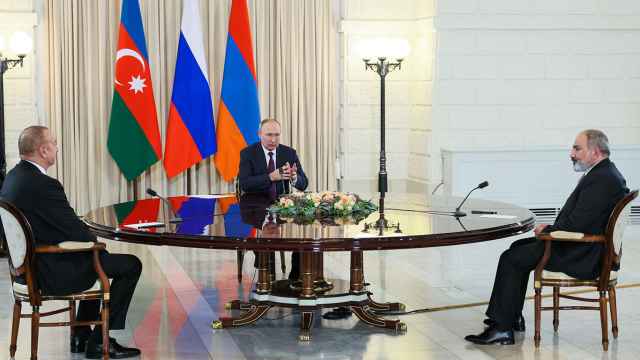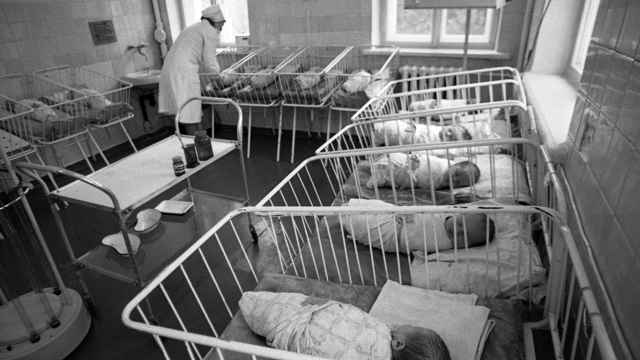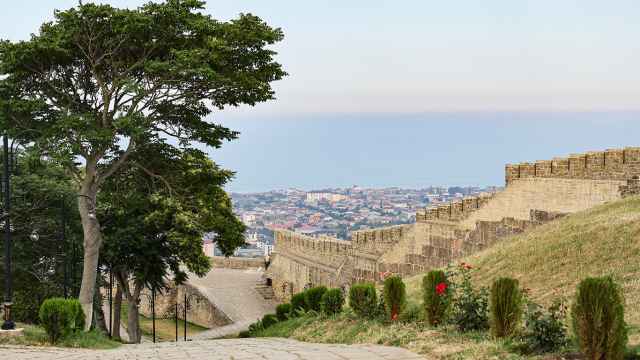All states stand to gain culturally, commercially and diplomatically by building relations with the outside world and absorbing that enriching experience. By understanding the cultures and behavior of others, we can learn from them and also cooperate with them more effectively to advance mutual interests.
With only 20 years of experience as an independent state, Kazakhstan is still working hard at developing its foreign relations. Globalization and new technologies have created extraordinary opportunities for diplomacy.
We are keen to capitalize on our geographical location between Europe and Asia and ensure that Kazakhstan is a regional and global hub for trade flows, financial and business links, as well as technological innovation. We have developed strong relations with China, Russia, the European Union and North America and believe that we have already taken important first steps toward achieving this objective.
In 1993, Kazakhstan launched an unprecedented program among former Soviet republics to train a new managerial and administrative elite. In very difficult economic conditions, President Nursultan Nazarbayev took the strategic decision to establish a program to send talented young Kazakh students abroad to study at the world's best universities. Many people did not see the point of this at the time, when Kazakhstan was struggling with hyperinflation and other serious economic problems that resulted from the breakdown of trading links after the collapse of the Soviet Union.
This program was Kazakhstan's first significant investment in its future. Since then, 4,000 young Kazakhs have graduated from this program and returned to Kazakhstan with new knowledge and skills. This new generation of foreign-trained specialists has contributed greatly to Kazakhstan's rapid emergence as the leading economy in Central Asia and a significant player in international relations.
Graduates of this study-abroad program today play important roles as diplomats, foreign economic relations specialists and managers of companies. Several are already ministers. Other countries, including Brazil, China and Russia, have recently begun similar programs based on our experience.
This program is now being reconfigured to support postgraduate students rather than undergraduates. The reason for this is that we have now established the Nazarbayev University in Astana to lead the next stage in developing the country's intellectual resources. Opened in 2010, the new university intends to become a world-class teaching and research center. It has several international partners, including University College London and a number of leading U.S. universities.
Kazakhstan's future rests on success in three vital areas: managing a balanced foreign policy to achieve a secure environment in Central Asia, training a workforce to operate a high-tech economy and attracting foreign investment to develop a modern industrial base.
To meet these requirements, Kazakhstan needs skilled professionals with knowledge of the outside world and the ability to communicate effectively. We need to continue to make the most of the opportunities to benefit from foreign education and integrate the best international practices into our economy.
Many of us in Kazakhstan grew up with the proverb, "Repetition is the mother of learning." We believe that our focus today should instead be on learning from others and not repeating their mistakes.
Despite our abundance of natural resources, we want our future to be based on a knowledge economy that makes full use of our role as a natural trade route between the markets of China and Europe and Central Asia and South East Asia, with connectivity to Russia and the Persian Gulf. We are keen to develop a new "silk road" that is internationally competitive on the basis of speed, cost and reliability.
This is why we are developing the transcontinental corridor "Western Europe-Western China." When it is completed in 2015, it will reduce the time it takes to deliver goods from China to Europe by 3 1/2 times compared to the sea route.
Education put us on the map after we gained independence in 1991. Over the next stage of our development, it will play an important role in maximizing our geographical advantage and raising our economic competitiveness.
Yerzhan Kazykhanov is the foreign minister of Kazakhstan.
A Message from The Moscow Times:
Dear readers,
We are facing unprecedented challenges. Russia's Prosecutor General's Office has designated The Moscow Times as an "undesirable" organization, criminalizing our work and putting our staff at risk of prosecution. This follows our earlier unjust labeling as a "foreign agent."
These actions are direct attempts to silence independent journalism in Russia. The authorities claim our work "discredits the decisions of the Russian leadership." We see things differently: we strive to provide accurate, unbiased reporting on Russia.
We, the journalists of The Moscow Times, refuse to be silenced. But to continue our work, we need your help.
Your support, no matter how small, makes a world of difference. If you can, please support us monthly starting from just $2. It's quick to set up, and every contribution makes a significant impact.
By supporting The Moscow Times, you're defending open, independent journalism in the face of repression. Thank you for standing with us.
Remind me later.





